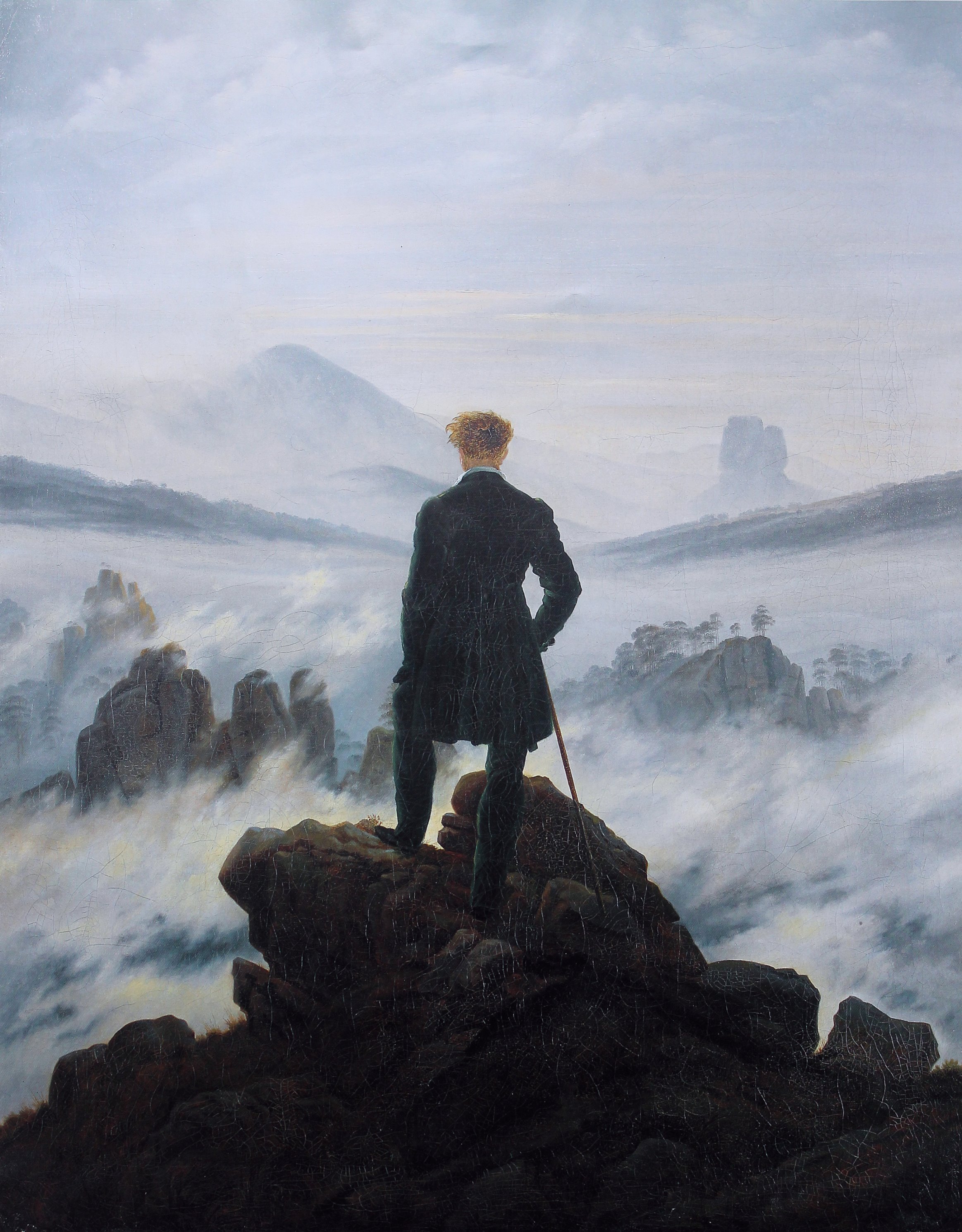
- This event has passed.
Facing Life’s Challenges: Loneliness and Solitude
October 4, 2019 @ 12:45 pm - 2:00 pm
One event on October 18, 2019 at 12:45 pm
One event on November 15, 2019 at 12:45 pm
One event on December 6, 2019 at 12:45 pm
One event on December 13, 2019 at 12:45 pm

Loneliness has been described by some as an “epidemic,” with severe consequences for health, flourishing, and political society. Further, despite the flurry of literature and studies on the subject, the evidence indicates that loneliness is growing, including for college students—and not just for freshmen who haven’t yet found friends on campus.
Loneliness is strange. As Olivia Laing puts it in The Lonely City, which must have hit a cultural nerve since it was named a best book of the year by NPR, Newsweek, Slate, Pop Sugar, Marie Claire, Elle, Publishers Weekly, and others, “loneliness doesn’t necessarily require physical solitude, but rather an absence or paucity of connection, closeness, kinship: an inability, for one reason or another, to find as much intimacy as desired.” Yet, as she continues, even though so many are lonely, many pretend not to be, for “loneliness is difficult to confess,” especially since it’s sometimes (wrongly) “considered a disease.”
But loneliness doesn’t seem to be a pathology, not even a transient experience; rather, it seems part of the human condition, part of what it means to be human. Ben Lazare Mijuskovic claims not only that loneliness is an aspect of having consciousness and personal identity, but that the attempt to overcome loneliness is the primary motivation for everything we do. Classical philosophers claimed that we sought happiness in every action, but Mijuskovic thinks we’re trying to escape our solitary confinement.
This Fall seminar launches one theme for the year—Facing Life’s Challenges—in which we consider loneliness and solitude in the fall, a lack of social and political trust and capital during Intersession, and a spring seminar on suffering and loss. Human flourishing isn’t an abstraction but a concrete reality, and thus it will be found right in the middle our lives, lives which are sometimes hard, lonely, and difficult—and, yet, flourishing is still possible.
Like all Witherspoon seminars, we’ll read important texts—classic and contemporary—not out of curiosity or simply to learn, but in the attempt to find wisdom, to know how best to live and think and act so as to live well and flourish. And we try to seek for wisdom collegially, with friends of the mind, with any point of view considered.
Open to any and every Princeton student.


